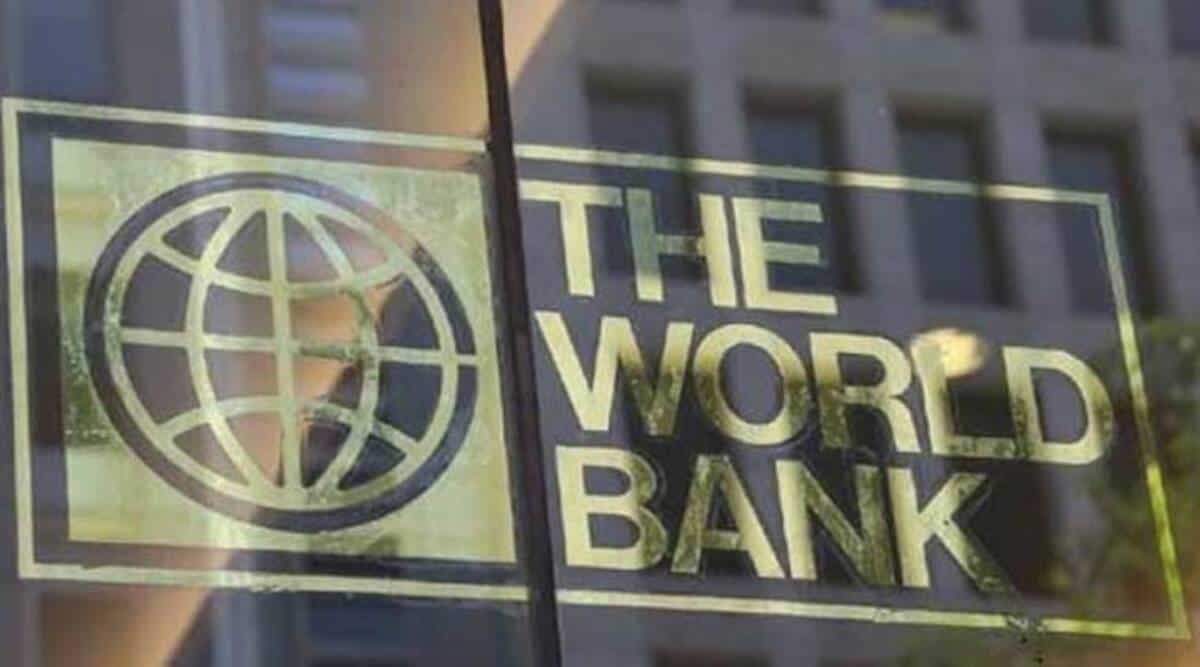Abu Dhabi, UAE – Mohamed Hadi Al Hussaini, Minister of State for Financial Affairs, is elected as Chairman of the Development Committee (DC) of the World Bank Group (WBG) and the International Monetary Fund (IMF).
The committee aims to achieve international cooperation and consensus on development related issues, local media reports said.
During his two-year tenure, the minister will work with the committee that include ministers, and the Board of Governors of the WBG and IMF to manage its programs related to sustainable and comprehensive economic development.
This is likely to build and develop the economies of developing countries, reports said.
Al Hussaini stressed the UAE’s keenness on cooperating with its partners and all global organizations to enable comprehensive and sustainable development.
Development Committee is a ministerial-level forum that represents the member countries of the World Bank Group and the International Monetary Fund.
It was established in 1974 and was previously known as the ‘Joint Ministerial Committee of the Boards of Governors of the Bank and Fund’.
Also, it comprises 25 members from the finance or development ministries that are members of the WBG and the IMF.
The Committee is mandated to address a wide range of issues, including the role of the IMF and WBG, in confronting future crises, digitalization, the green economy, trade, industrial policies, and poverty.








